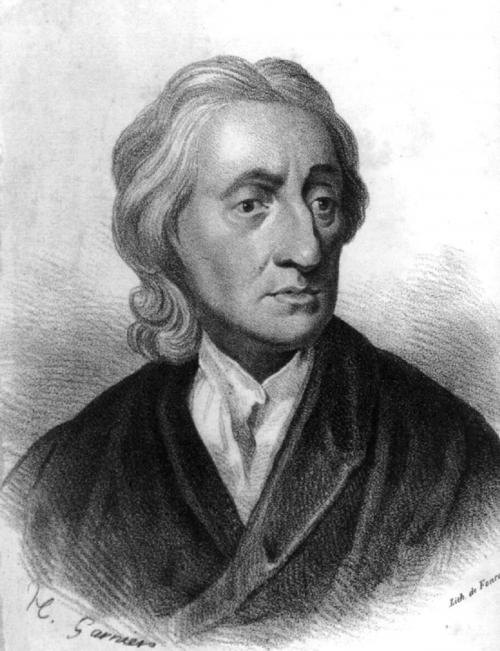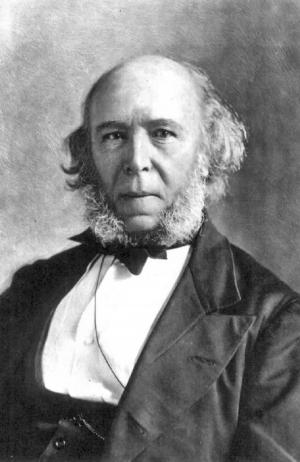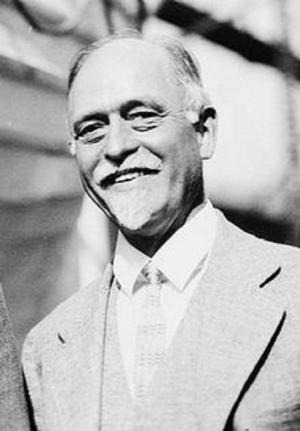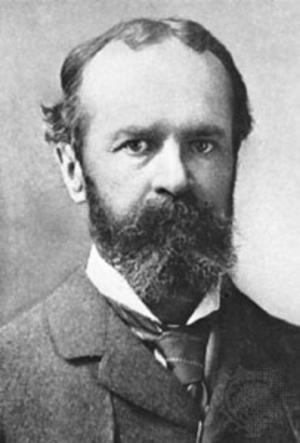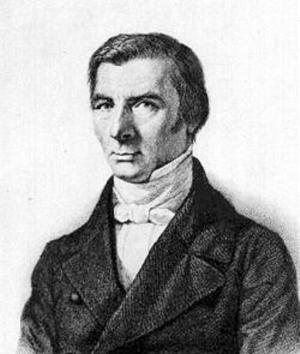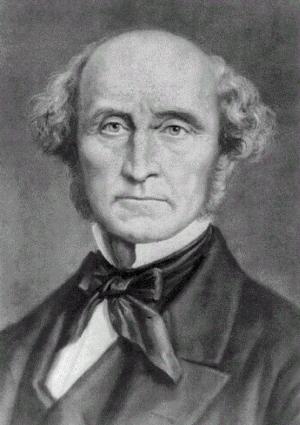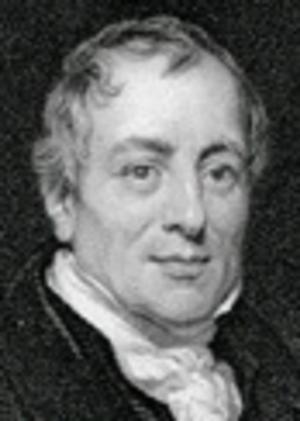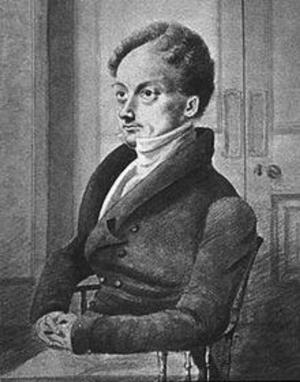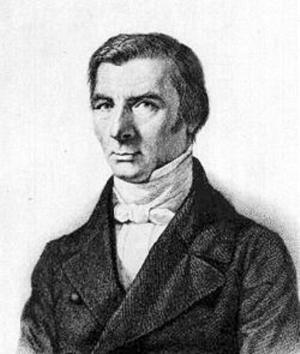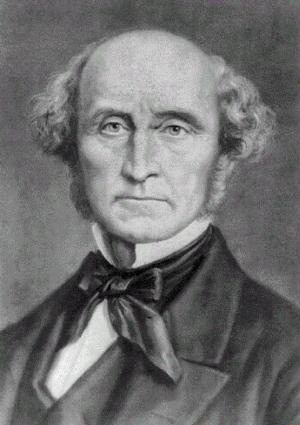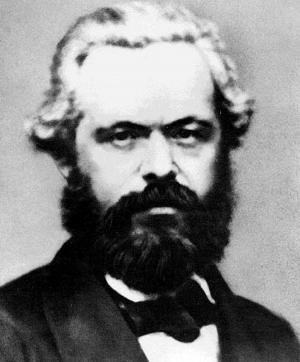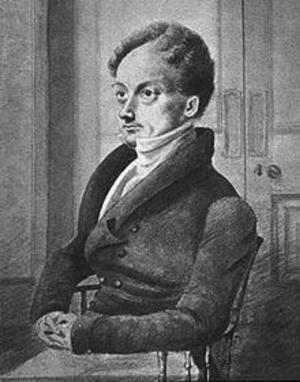John Locke Classic Collection (Illustrated)
Business & Finance, Economics, Macroeconomics, Theory of Economics| Author: | John Locke | ISBN: | 1230000275775 |
| Publisher: | AS Team | Publication: | October 21, 2014 |
| Imprint: | Language: | English |
| Author: | John Locke |
| ISBN: | 1230000275775 |
| Publisher: | AS Team |
| Publication: | October 21, 2014 |
| Imprint: | |
| Language: | English |
The book has an active table of contents for easy access to each chapter of the following titles:
1. Two Treatises of Government – John Locke
2. An Essay Concerning Human Understanding – John Locke
3. A Letter Concerning Toleration – John Locke
4. Some Thoughts Concerning Education – John Locke
5. The Reasonableness of Christianity, as Delivered in the Scriptures – John Locke
6. A Vindication of the Reasonableness of Christianity, from Mr. Edwards’s Reflections – John Locke
7. A Second Vindication of the Reasonableness of Christianity – John Locke
8. Some Considerations of the Consequences of the Lowering of Interest and the Raising the Value of Money – John Locke
John Locke was Isaac Newton’s best friend. As Newton developed Calculus and Law of Gravity, Locke built the foundation of modern liberalism, political theory, and economics.
Two Treatises of Government by John Locke lays out the theoretical foundation of a modern civilized society based on natural rights and contract theory.
Locke had a huge impact on the social contract and liberal theories and on the development of both epistemology and physical philosophy. American Declaration of Independence is strongly influenced by his ideology. His concepts of identity later influenced Rousseau and Voltaire along with many other Enlightenment scholars and American Revolutionaries.
This book of An Essay Concerning Human Understanding is John Locke’s most important work. He described the mind at birth as a blank slate filled later through experience. The essay was one of the principal sources of empiricism in modern philosophy, and influenced many enlightenment philosophers including David Hume and George Berkeley.
A Letter Concerning Toleration by John Locke appeared in a fear that Catholicism might be taking over England and responds to the problem of religion. Locke’s answer to the government was proposing religious toleration as the answer.
Some Thoughts Concerning Education by John Locke was the most important work on education in England. It was translated into all of the European languages during the eighteenth century and prominent European writers on education after Locke including Jean-Jacques Rousseau acknowledged the influence of the book. John Locke in the book explained how to educate young mind using three distinct methods: the development of a healthy body; the formation of a virtuous character; and the choice of an appropriate academic curriculum.
The book of The Reasonableness of Christianity, as Delivered in the Scriptures with A Vindication and A Second Vindication includes John Locke’s most important essays about liberty, religion, and Christianity. John Locke examined the significance of the Fall and its relation to the teachings of Christ in the New Testament in this book.
The book, Some Considerations of the Consequences of the Lowering of Interest and the Raising the Value of Money, includes John Locke’s most important essay about interest rate and value. It also provides important evidence of Lock’s thought of economics which are not available in his other writings.
This is a must-read book for readers who are interested in deepest thoughts about social contract, liberalism, economics, and educating great young minds by John Locke, one of the greatest tinkers on the planet.
The book has an active table of contents for easy access to each chapter of the following titles:
1. Two Treatises of Government – John Locke
2. An Essay Concerning Human Understanding – John Locke
3. A Letter Concerning Toleration – John Locke
4. Some Thoughts Concerning Education – John Locke
5. The Reasonableness of Christianity, as Delivered in the Scriptures – John Locke
6. A Vindication of the Reasonableness of Christianity, from Mr. Edwards’s Reflections – John Locke
7. A Second Vindication of the Reasonableness of Christianity – John Locke
8. Some Considerations of the Consequences of the Lowering of Interest and the Raising the Value of Money – John Locke
John Locke was Isaac Newton’s best friend. As Newton developed Calculus and Law of Gravity, Locke built the foundation of modern liberalism, political theory, and economics.
Two Treatises of Government by John Locke lays out the theoretical foundation of a modern civilized society based on natural rights and contract theory.
Locke had a huge impact on the social contract and liberal theories and on the development of both epistemology and physical philosophy. American Declaration of Independence is strongly influenced by his ideology. His concepts of identity later influenced Rousseau and Voltaire along with many other Enlightenment scholars and American Revolutionaries.
This book of An Essay Concerning Human Understanding is John Locke’s most important work. He described the mind at birth as a blank slate filled later through experience. The essay was one of the principal sources of empiricism in modern philosophy, and influenced many enlightenment philosophers including David Hume and George Berkeley.
A Letter Concerning Toleration by John Locke appeared in a fear that Catholicism might be taking over England and responds to the problem of religion. Locke’s answer to the government was proposing religious toleration as the answer.
Some Thoughts Concerning Education by John Locke was the most important work on education in England. It was translated into all of the European languages during the eighteenth century and prominent European writers on education after Locke including Jean-Jacques Rousseau acknowledged the influence of the book. John Locke in the book explained how to educate young mind using three distinct methods: the development of a healthy body; the formation of a virtuous character; and the choice of an appropriate academic curriculum.
The book of The Reasonableness of Christianity, as Delivered in the Scriptures with A Vindication and A Second Vindication includes John Locke’s most important essays about liberty, religion, and Christianity. John Locke examined the significance of the Fall and its relation to the teachings of Christ in the New Testament in this book.
The book, Some Considerations of the Consequences of the Lowering of Interest and the Raising the Value of Money, includes John Locke’s most important essay about interest rate and value. It also provides important evidence of Lock’s thought of economics which are not available in his other writings.
This is a must-read book for readers who are interested in deepest thoughts about social contract, liberalism, economics, and educating great young minds by John Locke, one of the greatest tinkers on the planet.
